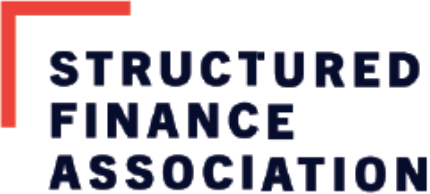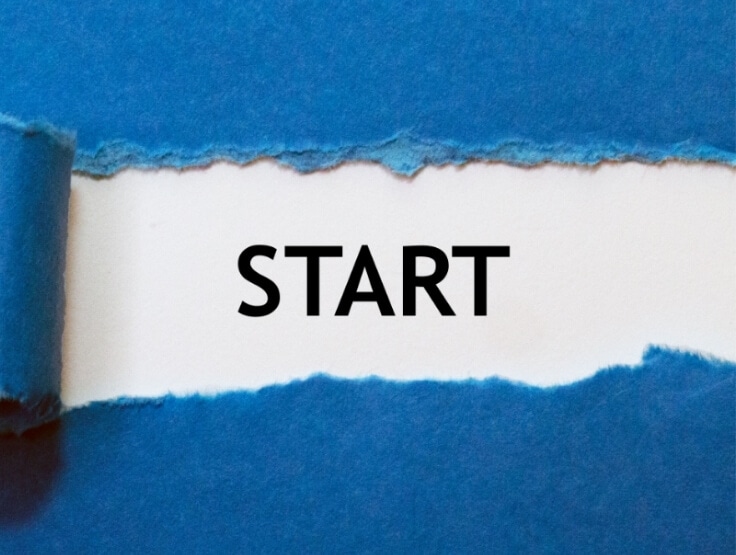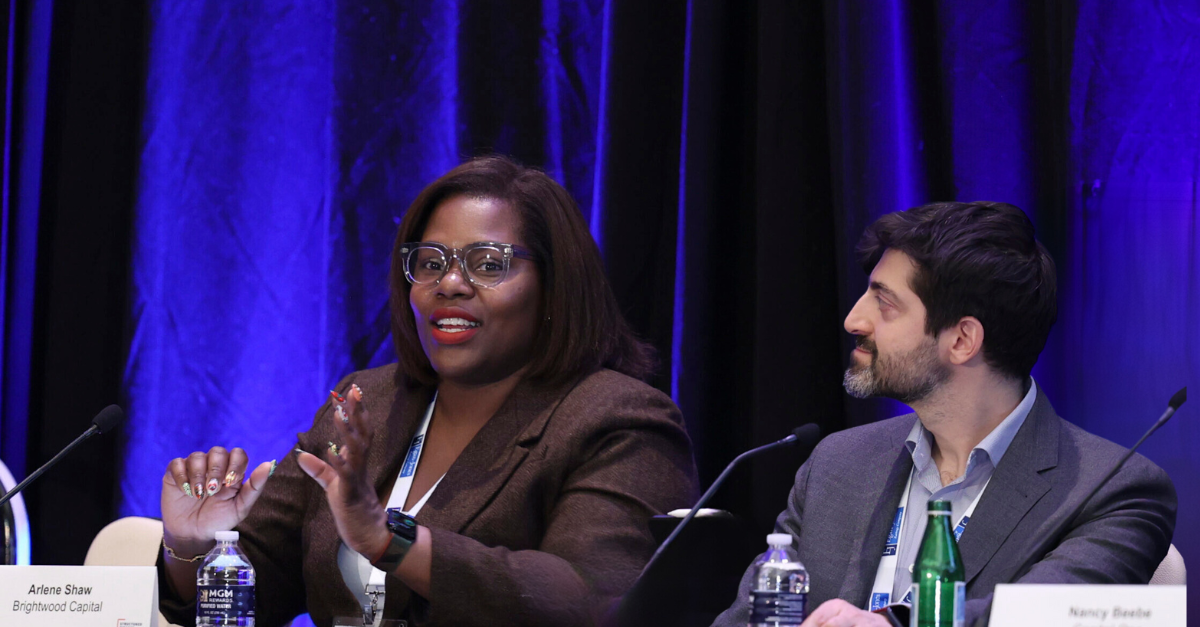
Allyship in Action:
How to Step Up for Change
This toolkit offers adaptable resources derived from research and best practices, emphasizing the need for customization to fit individual organizational cultures and goals. It serves as a timely supplement, aiding individuals, team leaders, and organizations in navigating the evolving DEI landscape while fostering inclusive growth and meaningful change.



Importance of DEI
“In order for diversity efforts to really get off the ground, it takes more than marginalized populations to make the effort to initiate programs and initiatives for success.”
Keywords To Know
Accomplice
An accomplice uses the power and privilege they must challenge the status quo, often risking their physical and social well-being.
Affirm
To acknowledge, respect, and support a person’s identity regarding race, ethnicity, sexual orientation, gender identity, experiences, ideas, or beliefs, or encouraging the development of an individual.
Explicit Bias
Biased attitudes about a group of individuals are aware; these may be visible or invisible, but they can be accessed. (SAIC)
Implicit Bias
The unconscious attitudes or stereotypes that affect a person’s understanding, actions, or decisions as they relate to people from different groups.
Identity
A particular group, culture, or community with which an individual identifies or shares a sense of belonging.
Intersectionality
The interconnected nature of social categorizations such as race, class, and gender as they apply to a given individual or group, regarded as creating overlapping and interdependent systems of discrimination or disadvantage.
Intent vs. Impact
Intent refers to what a person hopes or wants to do when performing an action. Impact refers to the reality (e.g., results) of one’s actions/ behaviors.
Privilege
Systemic favoring, enriching, valuing, validating, and including specific social identities over others. Individuals cannot “opt out” of systems of privilege; instead, these systems are inherent in the society in which we live.
Get Involved
SFA’s 3rd Annual Allyship Symposium
Resources
Check Out Our Other Toolkits
Getting Started
Not sure where to start? Begin here to access resources and tools to help identify your DEI goals and create a plan of action.
Inclusive Recruiting
Explore how to expand your diverse talent sources, attract and hire diverse candidates, to create or improve your diversity recruiting strategy, and standardize the hiring process to eliminate bias.
Developing a DEI Strategy and Roadmap
How to identify business objectives, set goals, collect data, implement a plan, and measure results.
Allyship in Action
This toolkit offers adaptable resources derived from research and best practices, emphasizing the need for customization to fit individual organizational cultures and goals. It serves as a timely supplement, aiding individuals, team leaders, and organizations in navigating the evolving DEI landscape while fostering inclusive growth and meaningful change.
Navigating Tough Conversations
This DEI guide, provides practical strategies and guidance for effectively addressing challenging diversity, equity, and inclusion discussions in the workplace.
Measuring DEI Impact: Accountability & Metrics
This toolkit is designed to help you track and report on your progress with precision. Get the tools you need to ensure your DEI efforts are making a real difference and driving meaningful change in your organization.
Mastering High Performing DEI Councils
Successful DEI councils provide platforms for assessing the effectiveness of the DEI function, engage employees at various levels in meaningful culture change and organizational reform, and model the company’s commitment to DEI.








